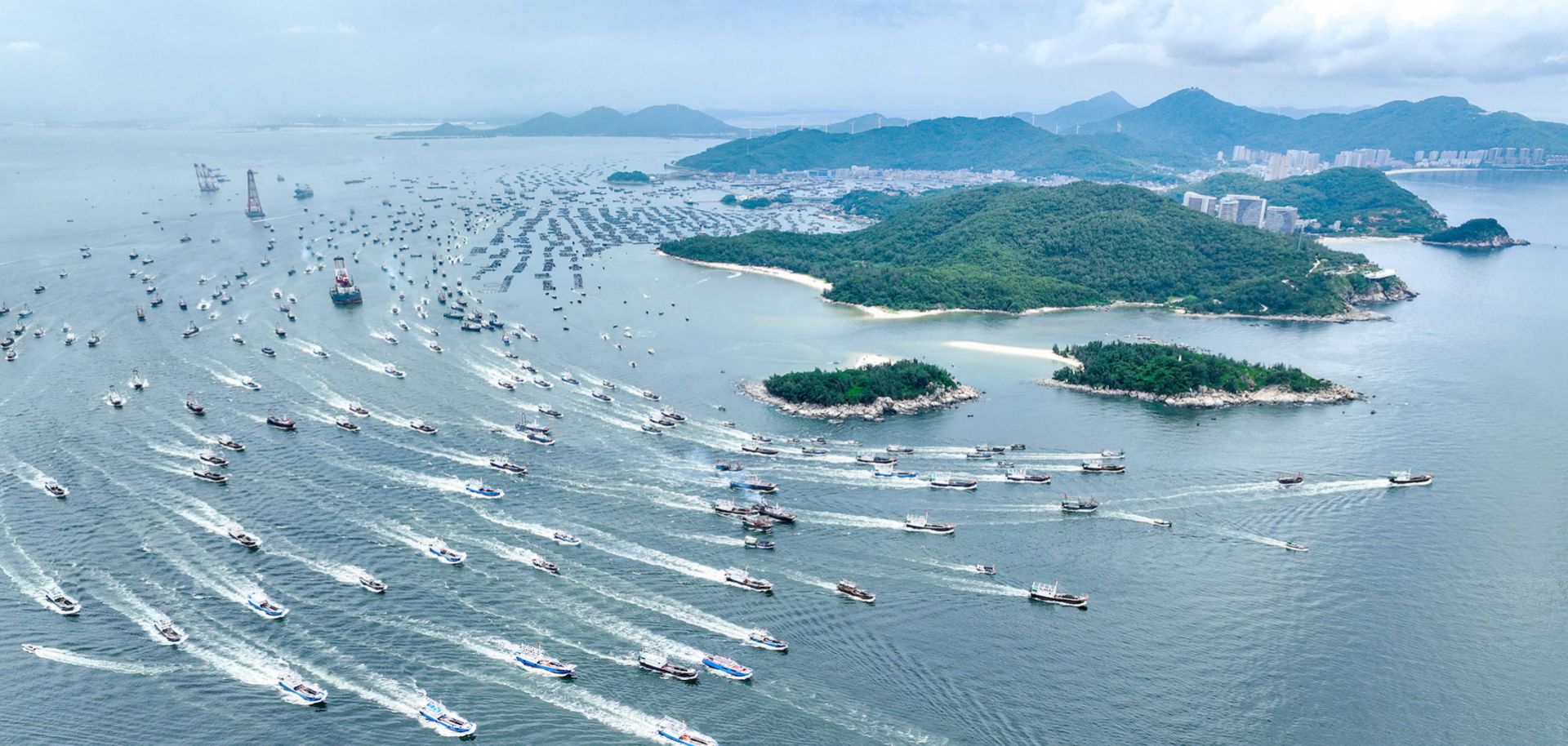The United States implemented new sanctions over illegal Chinese fishing to disrupt Chinese maritime power projection in the Pacific Ocean and score a diplomatic victory against Beijing. However, coastal states' economic interests and lackluster enforcement mechanisms will constrain the sanctions' effectiveness. On Dec. 9, the U.S. Treasury Department imposed new sanctions on China's distant water fishing industry via the Global Magnitsky Act, which expands the use of economic sanctions triggered by human rights violations. The Treasury Department said it levied the sanctions over "serious human rights abuses" aboard Chinese vessels engaged in illegal, unreported and unregulated (IUU) fishing, as well as over the illegal transport of endangered species and the "exacerbat[ion of] the environmental and socioeconomic effects of climate change." The sanctions added two Chinese nationals, their companies Dalian Ocean Fishing and Pingtan Marine Enterprise, an attendant network of eight entities, and 157 China-flagged fishing vessels to the Specially Designated...

